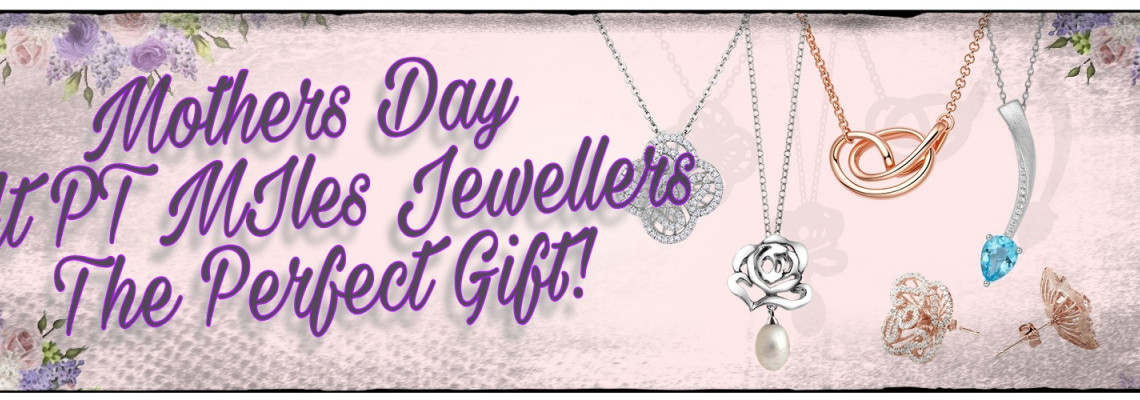

Mother's Day, or Mothering Sunday in the UK and Ireland, is a day to show love, gratitude and appreciation to all wonderful mums everywhere, through acts of kindness and the giving of Mothers Day gifts and flowers. Mothering Sunday and Mother's Day both have different origins; although they represent the same meaning, they originated very differently. We all celebrate the day but very few people actually know its origin. The original meaning of Mothering Sunday and Mother's Day has been somewhat lost but it's still a day to solely appreciate mum.
Mother's Day celebrations date back as far as the ancient Greeks where they would celebrate Rhea, the Mother of the Gods and Goddesses, every spring with festivals of worship. The Romans also celebrated a mother Goddess, Cybele, every March as far back as 250BC.
Mothering Sunday has been celebrated on the fourth Sunday in Lent, in the UK and Ireland, since the 16th century. The date varies in other parts of the world. Many countries follow the US and celebrate Mother's Day on the second Sunday in May, whilst other countries enjoy the day on March 8th which is International Women's Day.
History of Mothering Sunday
Like many traditions and festivities, Mothering Sunday began with a religious purpose. Held on the fourth Sunday in Lent, exactly three weeks before Easter Sunday, it was a originally a day to honour and give thanks to the Virgin Mary, also known as Mother Mary. Such celebrations required people to visit their 'mother' church - the main church or cathedral in a family's area. The spread of Christianity throughout Europe in the 16th century increased the celebrations and firmly put Mothering Sunday on the calendar. It was believed to be essential for people to return to their home 'mother' church to make it a true family honoured occasion. The gatherings reunited families and gave children who worked as domestic servants, or as apprentices away from home (from as early as ten years old), the opportunity to have the day off to join their family and see their mother.

Throughout the year in England and Ireland people would regularly and devoutly visit their nearest chapel, their 'daughter' church, whereas on Mothering Sunday, as well as baptisms, people would visit their 'mother' church loaded with offerings of thanks. Such celebrations were similar to, and most likely adopted, the Roman ceremonies of the Mother Goddess. The religious day increased its scope from thanking Mother Mary to a 'mother' church celebration and finally opened up as an occasion to thank and appreciate all mothers; thus creating Mothering Sunday.
Whilst the day had a firm following for many centuries since the 16th century, by 1935 it started to decrease in popularity and was celebrated less and less in Europe, until WWII. The Americans and Canadians celebrated Mother's Day during the war, feeling a crucial need to give thanks to their mothers whilst away at war. The Brits and other Europeans followed their comrades and they too gave thanks to their mothers; since then it earns pride of place on the UK calendar.
Mothers Day Origins
The US celebrates Mother's Day on the second Sunday in May. The holiday was formed much later than Mothering Sunday, and was created in 1908 by a lady named Anna Jarvis from Grafton, West Virginia, in honor of her late mother. Jarvis pushed hard for a holiday to celebrate all mothers after the death of her own, and after lots of hard work, determination and promotion President Woodrow Wilson finally made it an official holiday for the US in 1914.
However, as the holiday grew more and more established it became more and more commercialized much to the disgrace of Jarvis, who named it "Hallmark Holiday". Jarvis went on to oppose the day and regret what the day had turned into, and she died in 1948 very unhappy with what Mother's Day had become. Nonetheless, in the US Mother's Day still remains a popular holiday making it one of the biggest days for sales of flowers and cards.
Mothers Day Gift Giving

As with any national holiday, Mother's Day involves the giving of gifts and cards to show Mum how much she's valued and appreciated. Traditionally Mother's Day gifts included flowers and a Simnel cake. The flowers were picked by the workers on the way home from work for a day with their mum; they'd pick wild flowers from the country lanes. It is still a tradition today to spoil mum with a stunning colourful bouquet of flowers, as well as more modern gifts such as perfume, clothes or jewellery.
Food on Mothers Day
As with any national holiday, food always seems to take centre stage; Christmas dinner, Easter eggs, Valentine's feast and Mother's Day Sunday roast dinner. We love our food and the tradition it brings!
Mothering Sunday was once also known as 'Refreshment Sunday' it was the mid-lent Sunday where fasting could be 'eased' for the day and people could enjoy a delicious meal together as a family. It was an opportunity to temporarily indulge in some special rich food for the day breaking up the hard slog of lent. Traditionally, after church, families would tuck into a Sunday dinner of either roast lamb or veal and mother would be made Queen of the feast. Similar to today, Mothering Sunday was all about spoiling mum and making her feel happy and appreciated.
Also once known as 'Simnel Sunday', families would gather with freshly baked delicious Simnel cakes. Simnel cakes are made of two rich fruity layers that are boiled in water and then baked, before having almond paste spread on top and in the middle of the layers. Traditionally the cake would have been decorated with 11 balls of marzipan to represent the 11 disciples (not including Judas), whilst sugar violets were also a popular decoration for the cake. Such a treat midway through lent was greatly looked forward to.
Traditionally, it's believed that bread was also freshly baked for mothers on Mothering Sunday. Children would awake early and get the bread in the oven so mums would wake to the beautiful aroma of fresh bread. Nowadays mum's are either taken out for a special dinner or a home cooked Sunday roast dinner is enjoyed by the whole family - mums might even be cooking it themselves!





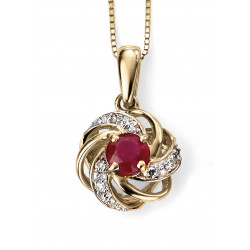
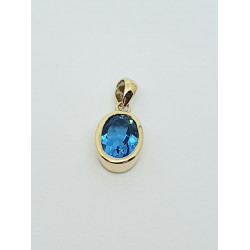
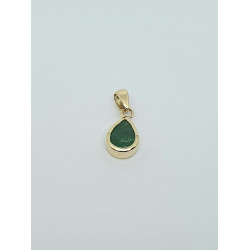
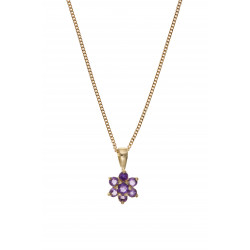
Leave a Comment